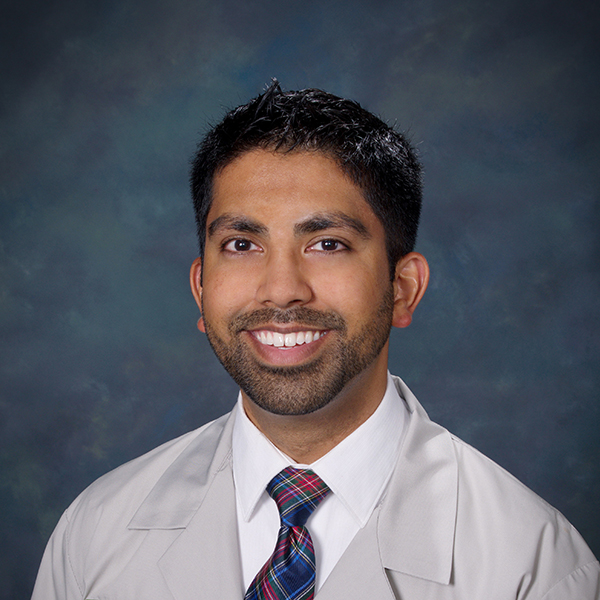Men’s Health: It’s not just a magazine cover
June 24, 2020

Part I of a two-part series discussing health issues affecting men
The purpose of Men’s Health Month each June is to bring awareness to preventable health problems and encourage early detection and treatment of diseases among men and boys.
Research tells us women overwhelmingly make the healthcare decisions in the family, so we spoke with Yaqoob Syed, D.O., a family practitioner with NCH Medical Group, so we all can learn more about men’s health.
Q: Why should a man (with no pain or symptoms of illness) regularly visit a physician?
Dr. Syed: There are many reasons for men to visit their PCP (primary care physician) regularly, even without any issues. Just like women, men should recognize that in order to take care of those who they love, they should first actively take part in their own health. Interestingly, according to the Agency for Healthcare Research and Quality, men are 24 percent less likely than women to have visited a doctor within the past year. However, they are 28 percent more likely than women to be hospitalized for congestive heart failure and 32 percent more likely than women to be hospitalized from long-term complications of diabetes. Men are also more likely to neglect their cholesterol. This all comes down to preventative health. It is better to prevent a chronic illness from happening rather than trying to treat it.
Q: What kinds of health issues should a man not ignore?
Dr. Syed: Chest pain and difficulty breathing are potentially obvious signs of major problems. However some symptoms may not seem very concerning but they can be signs of a much more serious disease.
Other symptoms men should not ignore:
1) Unintended weight loss
2) Bowel changes, such as narrowing of the stool and rectal bleeding (i.e., a sign of colon cancer)
3) Changing moles (i.e., a sign of skin cancer, melanoma)
4) Sleeping issues (these could be signs of depression or sleep apnea, and can increase the risk of a heart attack, stroke and type 2 diabetes)
5) Difficulty swallowing (it can be from acid reflux, however it can also be a sign of other esophageal problems such as cancer)
6) Mental health issues (men may be more reluctant to discuss this, but mental health is a very important part of overall well-being)
7) Erectile dysfunction (it can be a sign of cardiovascular disease)
Q: Aren’t there typical aches and pains associated with aging? Why should I be concerned?
Dr. Syed: Aging can come with some aches and pains; however, they should not be debilitating. If men (or women) find that their aches and pains are causing significant issues in their activities of daily living, then it’s time for them to be evaluated.
Q: Because of COVID-19 isn’t it better just to wait and see if it gets better rather than visit the doctor now?
Dr. Syed: Here at NCH, we are focused on keeping our medical offices safe for patients and our staff by creating a dedicated and separate COVID Clinic where patients with concerns for COVID-19 can go to be evaluated, tested and managed and remain distanced from patients with other and non-COVID related concerns. With COVID-19 precautions in place at every medical facility, patients should feel safe to proceed with regular appointments and tests. NCH Medical Group physicians offer virtual visits for certain conditions as well, for patients who aren’t comfortable being seen at a healthcare facility yet.
Remember, even through COVID-19, other diseases have not stopped existing. Heart disease, diabetes, and cancers, etc. are still presenting and impacting health – and should not be ignored.
Dr. Yaqoob Syed has been with NCH Medical Group for two years and sees patients at the Medical Group office at 1941 Rohlwing Road in Rolling Meadows. Men or women can call 847-618-0850 to schedule an appointment with him.